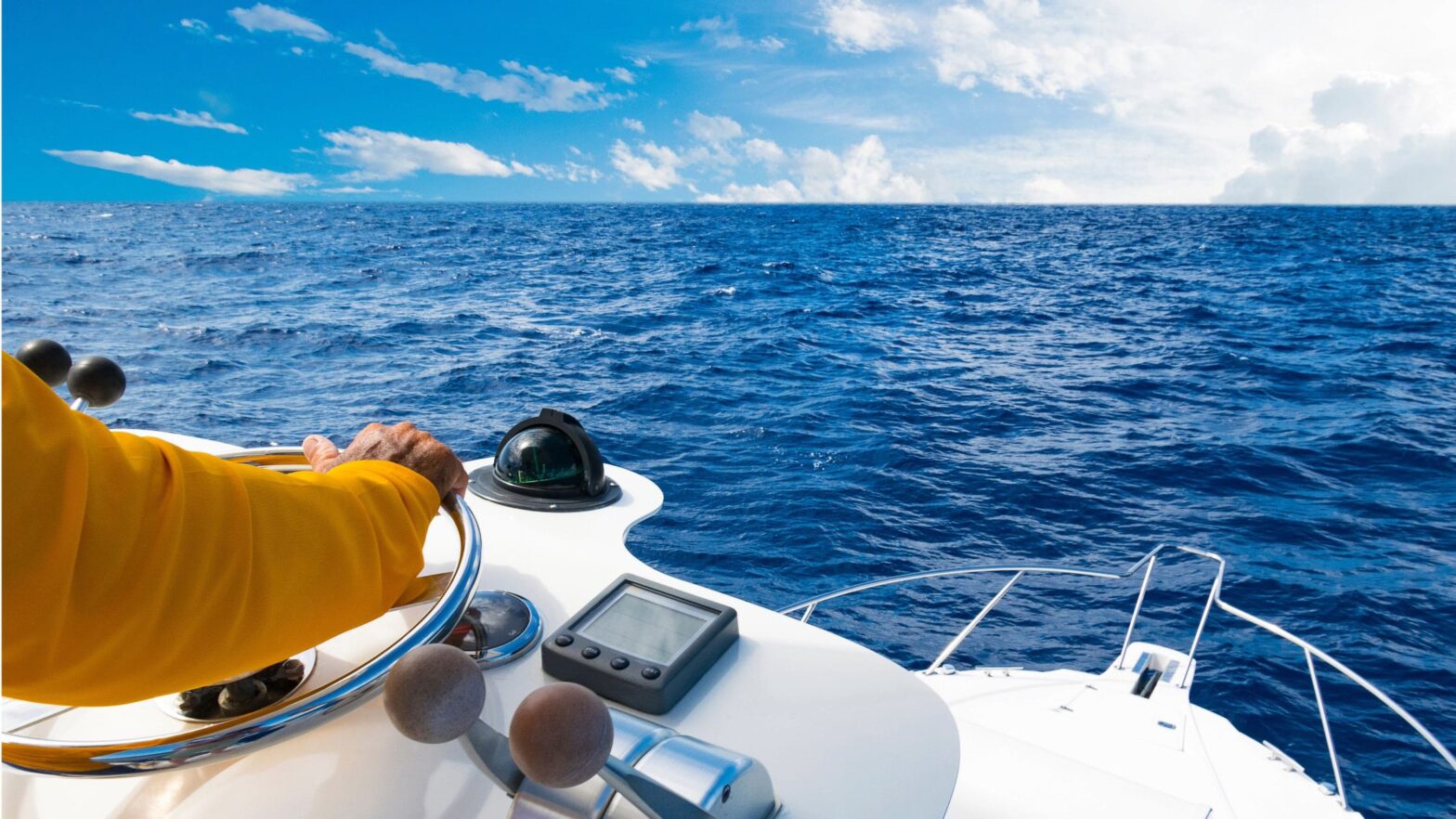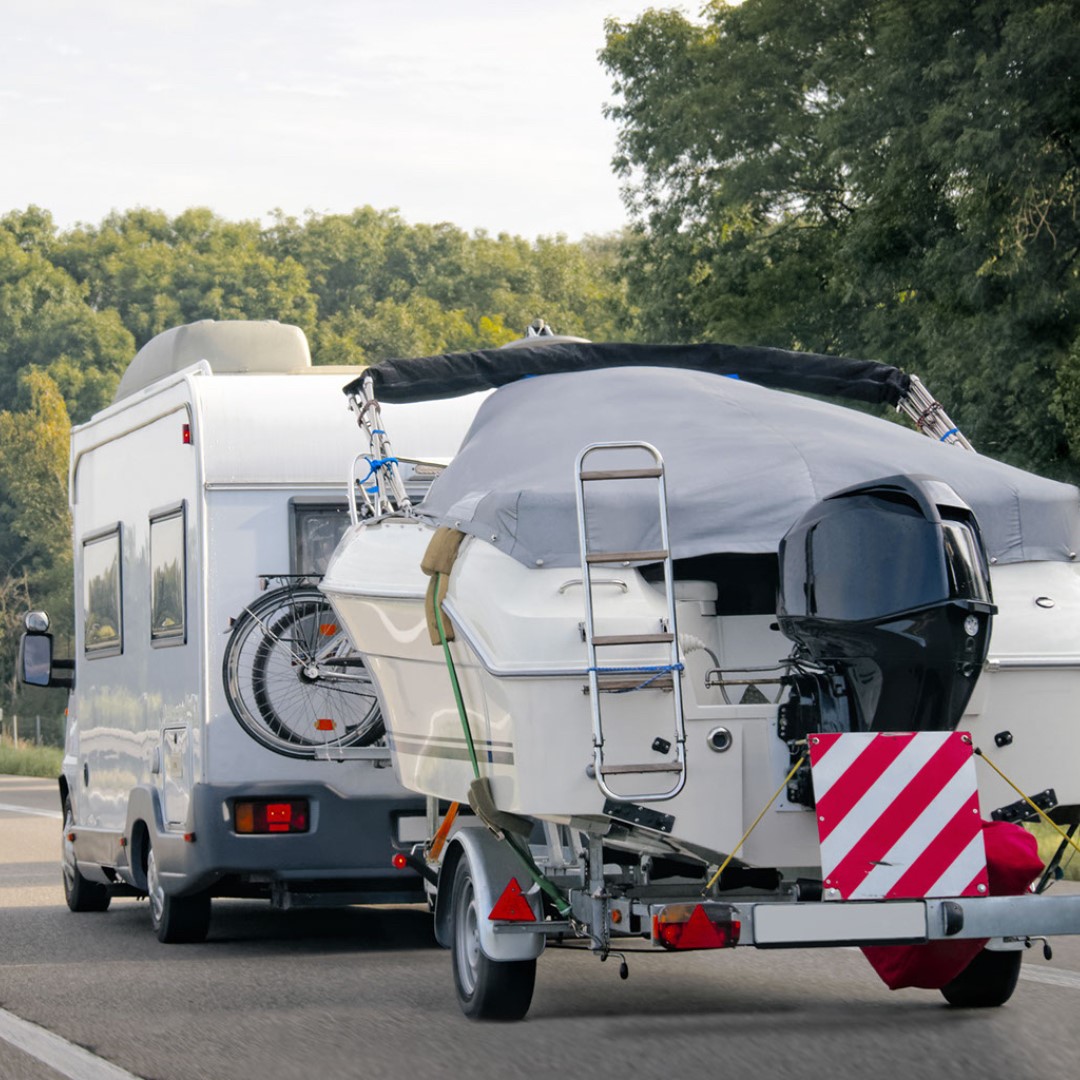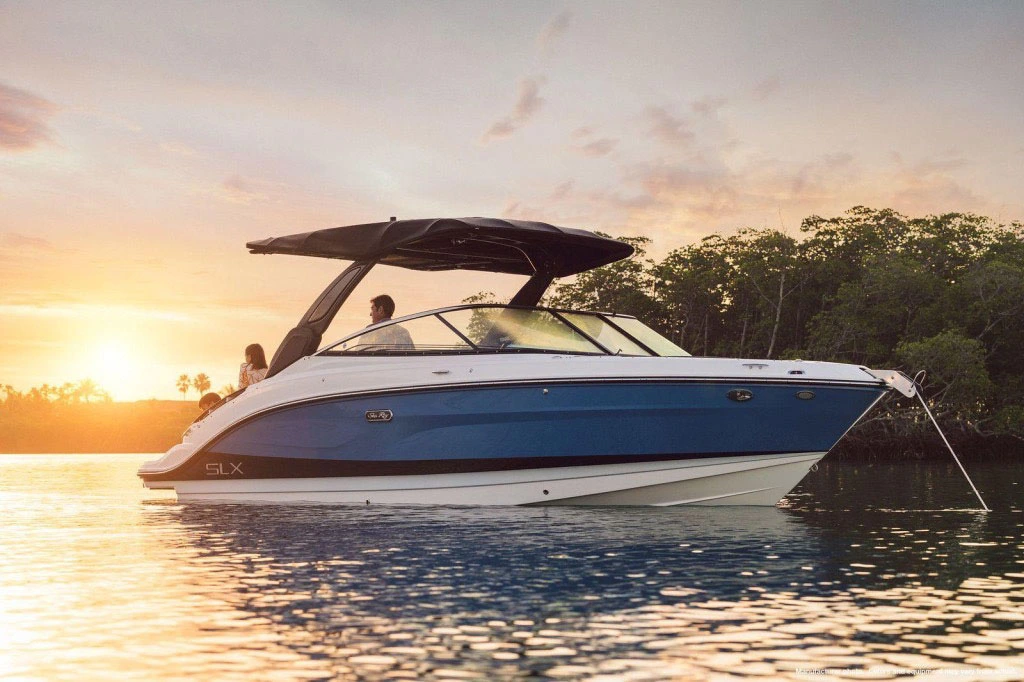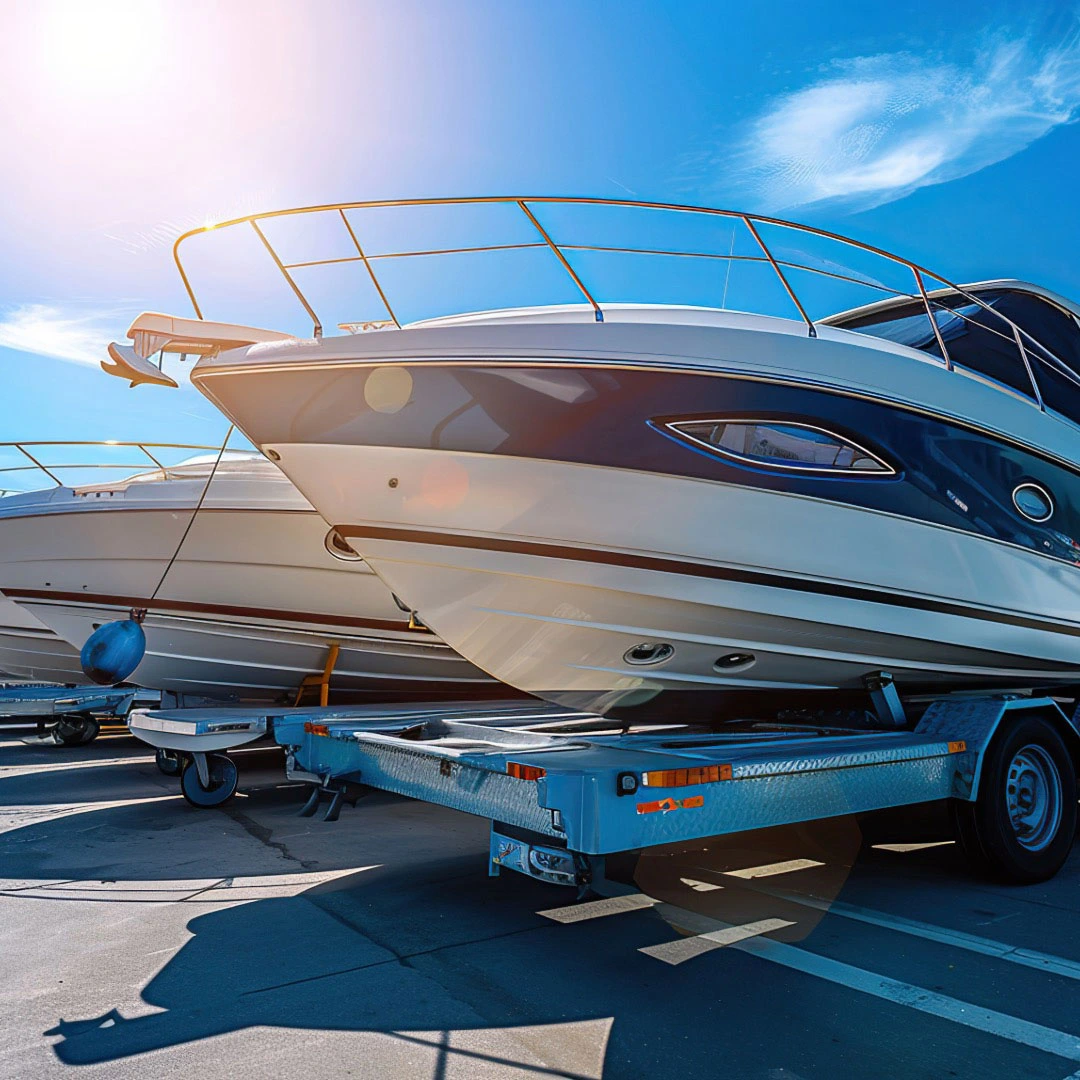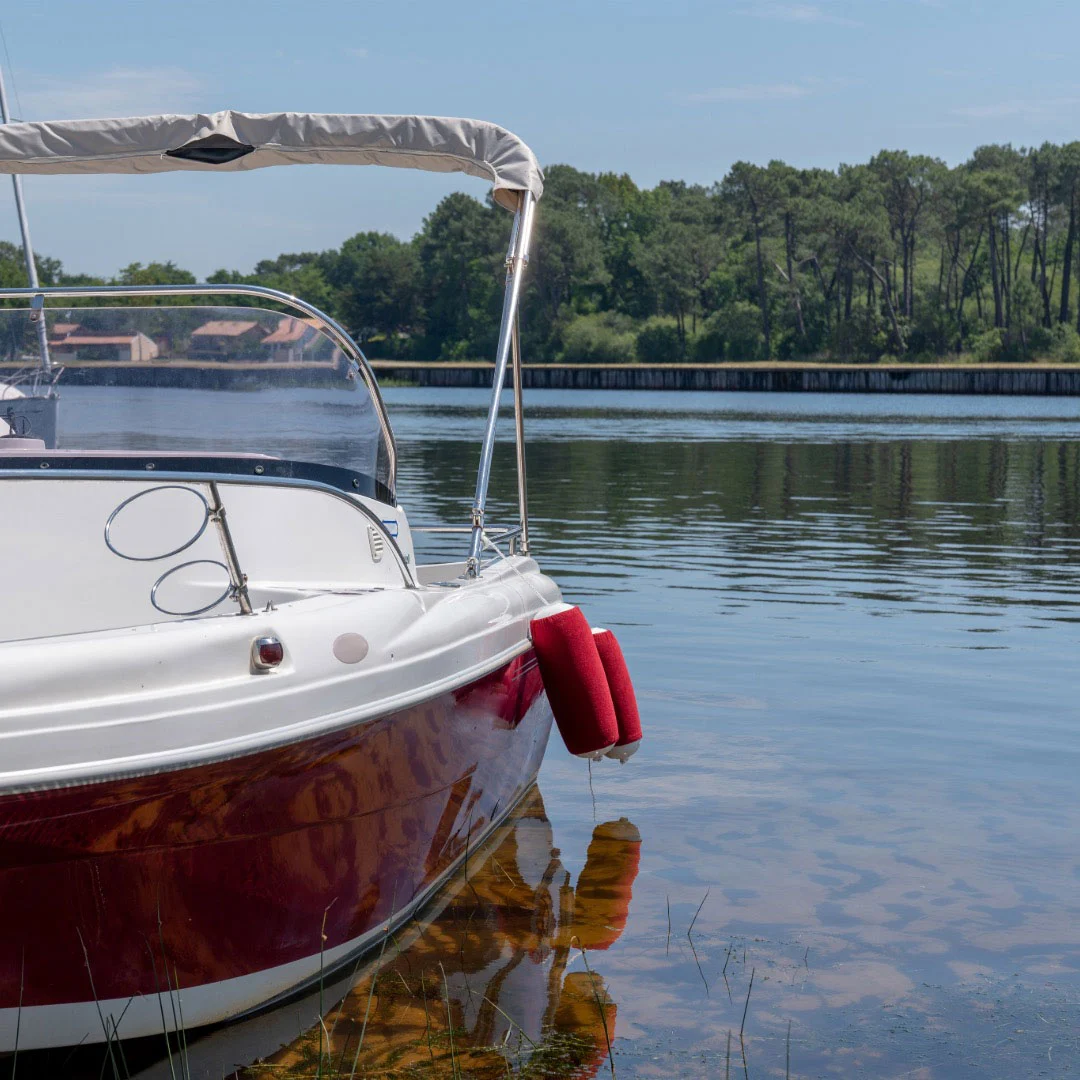If you’re keen on driving a boat, you’ll need to get a boat license first. Different states have their own rules for operating powerboats, sailboats, or personal watercraft like jet skis. Most states ask for a boating safety certificate, often called a boating license.
Usually, you can take the boat license course online. After that, you’ll do a simple test online to get your boat license. These courses aren’t as detailed as the ones for a car license – you won’t need to learn about driving on the water like you do on the road.
State Laws and Boat Licenses.
For those new to boat ownership, your marine dealer can be a valuable resource for understanding how to acquire a boating license in your state. The National Association of Boating Law Administrators (NASBLA) provides insights into the training requirements specific to each state. And remember, not all States offer online courses.
Essential information about boating education regulations for your state can usually be found on dedicated websites. You might want to explore BoaterExam.com and Boat-Ed.com, here you will find links to approved online courses tailored to each states’ requirements.
Here is a step-by-step guide to obtaining your boating license.
- Understanding the Requirements: Before heading out on the water, ensure you’re aware of the local boating license requirements. Research regulations, age limits, certifications, courses, and experience needed to qualify.
- Enroll in a Boating Safety Course: To learn safe navigation skills, enroll in a boating safety course that is recognized by the U.S. Coast Guard. These cover navigation rules, emergency procedures, and more.
- Study and Prepare for the Exam: Practice using study guides, online resources, and sample exams to assess your knowledge and identify areas that need improvement.
- Take the Boating License Exam: Some regions may offer online exams, while others may require you to visit a testing center. Remember to bring any necessary identification or paperwork as required by the licensing agency.
- Obtain Your Boating License: Once you have passed the boating license exam, follow the instructions provided by the licensing agency to complete any remaining paperwork, pay any required fees, and obtain your official boating license.
- Carry Your License or Completion Certificate on Board: Keep your boating license or completion certificate readily accessible while you are on the water. This is important because it is proof of your eligibility to operate a boat and may be required to be presented to authorities during routine inspections or in the event of an incident.
Fee’s.
The cost of taking an online boating safety course typically ranges from $29 to $50. Some states may also charge an administrative fee of around $10. After completing the course, you will need to visit a licensing center to obtain your boating license ID card, which typically costs less than $20. Therefore, the total cost of obtaining a boating license can range from $55 to $65. It’s important to note that the BoatUS Foundation offers free boating license courses for 35 states.
The Boat Safety Course.
The online boating safety course is designed to be completed in about three hours. It is divided into sections or chapters, so you can take it at your own pace and return to it later if needed. The course is structured to prevent you from simply clicking through the lessons to get to the exam. After each section, you will need to complete a review exam before moving on to the next section.

The course covers all aspects of boating safety, including boating basics and terminology, navigation rules, state boating regulations, handling boating emergencies, and how to enjoy watersports safely. The exams are not designed to be difficult, but they are designed to ensure that you have learned the material.
Frequently Asked Questions.
-
Do I need a boating license to operate a boat?
The need for a boating license varies by state. Some states require it, while others don’t. Research your state’s regulations to know if you need a license.
-
What’s the purpose of a boating license?
A boating license ensures that boat operators have undergone safety training and understand the rules and regulations for safe boating.
-
How much does it cost to get a boating license?
The cost varies by state. It can include course fees, test fees, and administrative charges. On average, the total cost ranges from $55.00 to $65.00.
-
Are online courses available for boating licenses?
Yes, many states offer online boating safety courses. They allow you to learn at your own pace and often include interactive elements.
-
How long does it take to complete a boating course?
The duration varies. Some courses can be completed in a few hours, while others may take longer. The flexibility of online courses allows you to learn at your convenience.
-
Is the boating license test difficult?
The test is designed to ensure you understand essential boating safety information. Most people find it manageable with proper study and preparation.
-
Can I operate any type of boat with a boating license?
The type of boat you can operate with a boating license depends on your state’s regulations. Some states have specific endorsements for different types of boats.
-
Do you need a boating license to operate a personal watercraft (PWC)?
In general, anyone born on or after January 1, 1988, who operates a PWC on navigable waters within the United States is required to have a boating safety certificate. However, there are some exceptions to this rule. For example, some states do not require a boating license for operators of PWCs that are less than 10 horsepower.
-
Do I need to renew my boating license?
Yes, boating licenses are often valid for a specific period, usually a few years. Renewal requirements can vary, so check your state’s guidelines.
-
Can I operate a boat without a license if I’m not in my home state?
In most cases, you need to follow the boating regulations of the state you’re in, regardless of your home state’s requirements. Always check local regulations before boating in a new area.
For those new to boat ownership, your marine dealer can be a valuable resource for understanding how to acquire a boating license in your state. The National Association of Boating Law Administrators (NASBLA) provides insights into the training requirements specific to each state. And remember, not all States offer online courses.
Essential information about boating education regulations for your state can usually be found on dedicated websites. You might want to explore BoaterExam.com and Boat-Ed.com, here you will find links to approved online courses tailored to each states’ requirements.
- Understanding the Requirements
Before heading out on the water, ensure you’re aware of the local boating license requirements. Research regulations, age limits, certifications, courses, and experience needed to qualify.
- Enroll in a Boating Safety Course
To learn safe navigation skills, enroll in a boating safety course that is recognized by the U.S. Coast Guard. These cover navigation rules, emergency procedures, and more.
- Study and Prepare for the Exam
Practice using study guides, online resources, and sample exams to assess your knowledge and identify areas that need improvement.
- Take the Boating License Exam
Some regions may offer online exams, while others may require you to visit a testing center. Remember to bring any necessary identification or paperwork as required by the licensing agency.
- Obtain Your Boating License
Once you have passed the boating license exam, follow the instructions provided by the licensing agency to complete any remaining paperwork, pay any required fees, and obtain your official boating license.
- Carry Your License or Completion Certificate on Board
Keep your boating license or completion certificate readily accessible while you are on the water. This is important because it is proof of your eligibility to operate a boat and may be required to be presented to authorities during routine inspections or in the event of an incident.
The need for a boating license varies by state. Some states require it, while others don’t. Research your state’s regulations to know if you need a license.
A boating license ensures that boat operators have undergone safety training and understand the rules and regulations for safe boating.
The cost varies by state. It can include course fees, test fees, and administrative charges. On average, the total cost ranges from $55.00 to $65.00.
Yes, many states offer online boating safety courses. They allow you to learn at your own pace and often include interactive elements.
The duration varies. Some courses can be completed in a few hours, while others may take longer. The flexibility of online courses allows you to learn at your convenience.
The test is designed to ensure you understand essential boating safety information. Most people find it manageable with proper study and preparation.
The type of boat you can operate with a boating license depends on your state’s regulations. Some states have specific endorsements for different types of boats.
In general, anyone born on or after January 1, 1988, who operates a PWC on navigable waters within the United States is required to have a boating safety certificate. However, there are some exceptions to this rule. For example, some states do not require a boating license for operators of PWCs that are less than 10 horsepower.
Yes, boating licenses are often valid for a specific period, usually a few years. Renewal requirements can vary, so check your state’s guidelines.
In most cases, you need to follow the boating regulations of the state you’re in, regardless of your home state’s requirements. Always check local regulations before boating in a new area.
